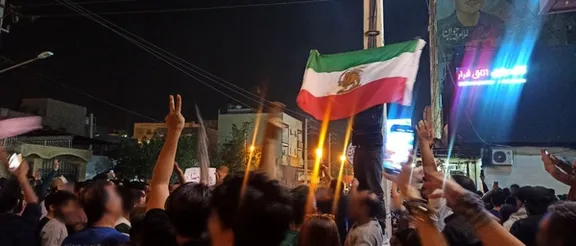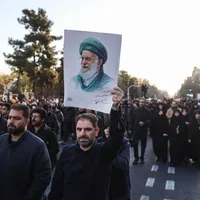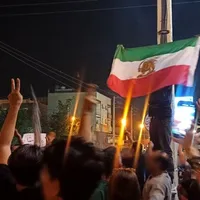The Islamic Republic has announced that it was invited by Egypt to participate in the summit, but the more important point is that Cairo does not act on such sensitive matters without coordination and a green light from Washington.
Therefore, this invitation should be analyzed within the broader framework of the US policy of “managing and consolidating the Middle East” — a policy that has entered a new phase following the de-escalation in Gaza and the Arab states’ move toward normalization with Israel.
On the surface, Washington suggests that Tehran, too, could be part of the peace process and even a potential signatory to the Abraham Accord. In reality, however, this message is not driven by a genuine desire to integrate the Islamic Republic into a new regional order, but rather to exert soft pressure on Tehran to move toward implicit recognition of Israel.
In other words, the invitation to Sharm el-Sheikh is a strategic test for the Islamic Republic: is Iran prepared, in exchange for an end to pressure and sanctions, to take a step — even indirectly — toward “recognizing Israel”?
Meanwhile, the Islamic Republic faces a situation where rejecting the invitation could also prove costly. Cornered and weakened, it finds its options reduced to a single question: to go or not to go to Sharm el-Sheikh.
Iran’s nuclear program has been indefinitely stalled — or, as Donald Trump put it, obliterated. Its missile program has also suffered heavy losses, with Israeli strikes inflicting serious damage on Iran’s arsenal and defense infrastructure.
In this context, the United States seeks to use Iran’s relative military weakness, mounting economic strain, the decline of its regional proxies, and Hamas’s defeat to make Tehran understand the kind of peace and stability Washington envisions for the region — a peace built on accepting the new Middle East security order, where Israel is no longer the enemy but a recognized, established power.
From Tehran’s perspective, however, attending such a summit would amount to implicitly accepting a fundamental shift in the Islamic Republic’s foreign policy.
Recognizing Israel — even indirectly, through participation in a joint conference — could create a deep rupture in the Islamic Republic’s ideological legitimacy. Yet refusing to attend would perpetuate the same policy of isolation and stagnation that has left the country politically and diplomatically paralyzed.
Since October 7, 2023, the Islamic Republic has repeatedly found itself in unviable positions.
Had Iran attended the Sharm el-Sheikh summit at the presidential level, it could have marked the beginning of a new chapter in its regional and even global relations.
A Pezeshkian flight to Cairo would have symbolized the collapse of the Islamic Republic’s ideological core and suggested a historic turn toward negotiation and compromise. But repeating the old pattern — avoiding such openings — once again leaves Tehran isolated, or perhaps worse, on the verge of collapse.
Thus, the real meaning of the invitation lies not in goodwill or mutual respect, but in the pressure and testing designed by the United States and its allies to define the Islamic Republic’s future course.
Today, the Islamic Republic faces a historic choice: to adapt its regional policy and join the emerging order, or to persist in its old path and bear the growing costs of isolation, economic decline, and security erosion. So far, its choice — and the fate it leads to — has become increasingly clear.







